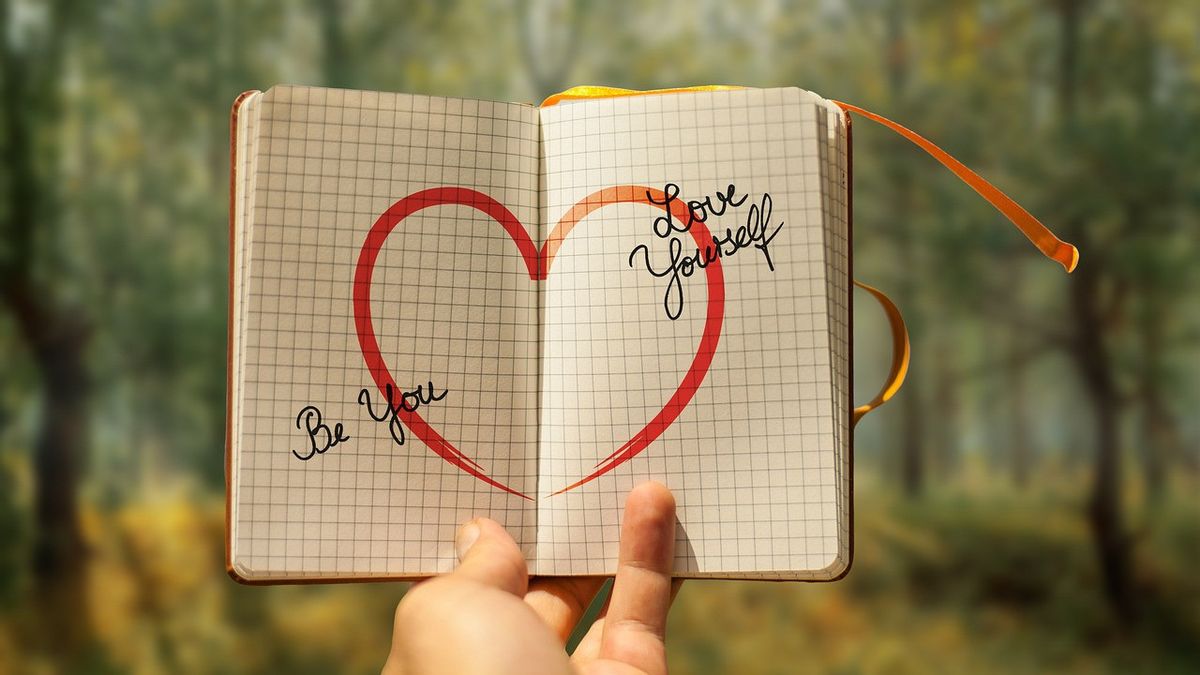YOGYAKARTA Getting to know self-validation can start from recognition to oneself over thoughts, experiences, and feelings. Self validation basically helps a person maintain mental health. However, the understanding of self-validation is not that simple. So that self-validation can be applied to oneself, learn how to understand it first.
Self-validation is generally understood as recognition and acceptance of circumstances for the things that exist within us, ranging from thoughts, feelings, circumstances, and so on. Not only admitting, self-validation also considers that what is in yourself becomes something valuable.
Self-validation does not mean you are seeking justification. The reason is, often a person has thoughts that are against the value held. Instead of blaming yourself or denying it loudly, you can do self-validation by recognizing the thought so as not to cause feelings of annoyance.
For example, while on the way to your office you see someone with a condition that makes you cry. A relative later said that the cry was inappropriate. Instead of acknowledging these feelings, you actually think that the response to crying is excessive and justifies the opinion of relatives.
Since then you start harboring the natural emotions you have. Unfortunately, hidden emotions are not always a good thing. It even has an impact on distrust of oneself.
A person who denies feelings, experiences, or other things in himself triggers the notion that they all are wrong. When a person doesn't learn to tolerate their own feelings, they will continue to feel alert. What's worse, the person chooses to avoid emotions so they don't need to feel them. And the process keeps on repeating itself.
From there self-validation is important. Self-validation is generally useful for better managing emotions and helping to calm yourself down. Not only that, someone who is able to do self-validation will easily understand yourself until they identify who you really are, and grow wisdom.
SEE ALSO:
Although it sounds easy, self-validation requires practice. The habit of self-validation needs to be built as early as possible so that you don't lose your identity. If self-validation is successful, you won't need validation from other people.
Actually, there are many ways to build self-validation habits. Some of them are as follows, quoted from various sources.
You have to admit that the feelings you are experiencing are natural, natural, and valid. Allow yourself to feel various emotions.
Respect what you believe, and involve that trust when making important decisions. This step is a form of self-validation.
Remember that there is no perfect human being. A bad experience that has been experienced in the past is something to be accepted for.
You may be angry with certain conditions. In fact, other people will be angry if they are in your position. To defuse it, you can take the time to be alone.
Everyone is created differently so you don't have to compare yourself to other people. You are you, who are different from other people.
Apart from building self-validation habits, it must also be believed that you do not need to seek recognition from other people's experiences. That belief will help you continue to grow.
In addition to getting to know self-validation, visit VOI.ID to get other interesting information.
The English, Chinese, Japanese, Arabic, and French versions are automatically generated by the AI. So there may still be inaccuracies in translating, please always see Indonesian as our main language. (system supported by DigitalSiber.id)

















